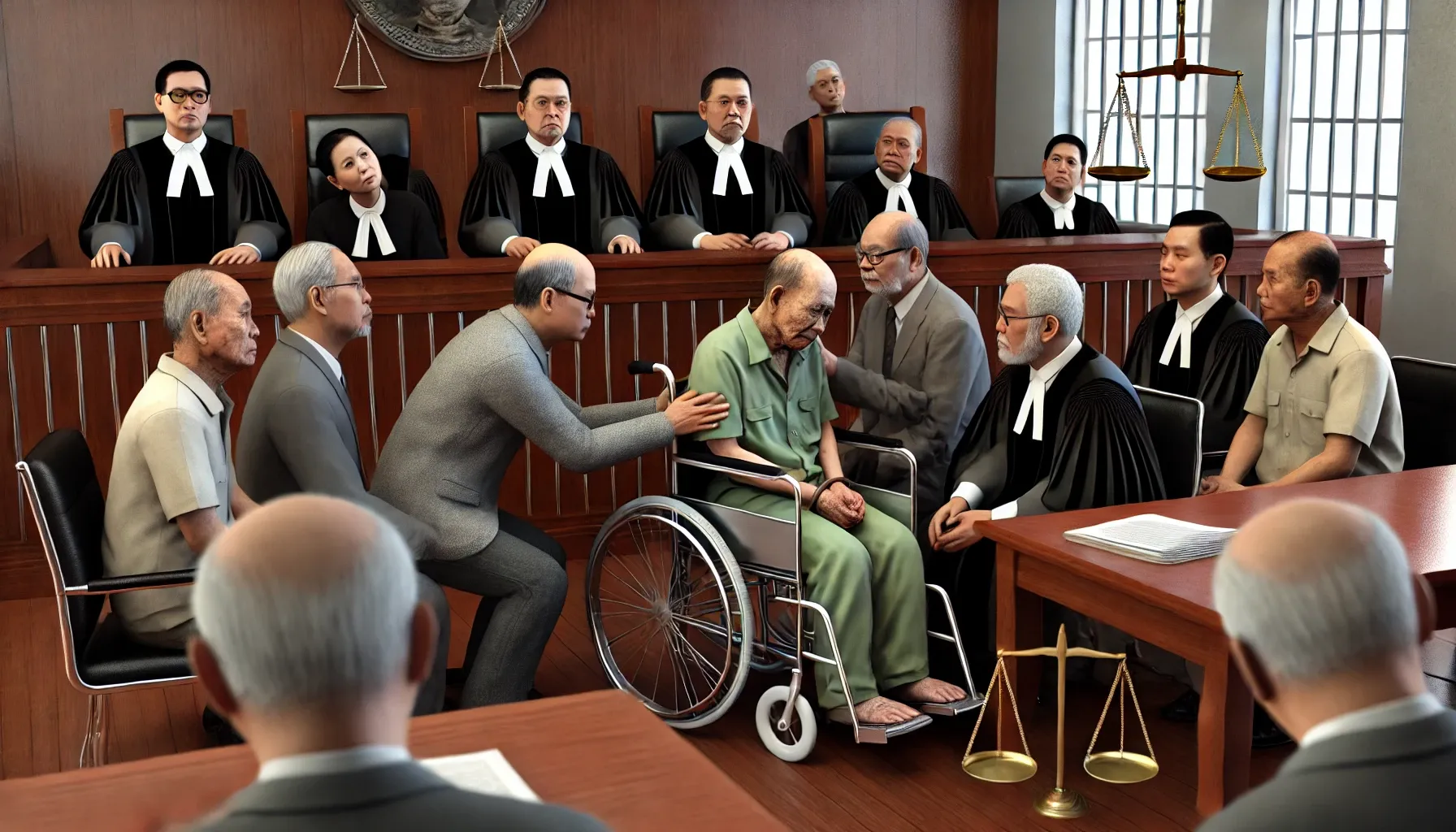The Supreme Court ordered the interim release of a 103-year-old convict serving a life sentence for a 1988 murder case, citing the convict's advanced age and humanitarian considerations. Introduction

In a landmark move underscoring the principles of justice and humanity, the Supreme Court of India, on Friday, November 29, granted interim release to a 103-year-old convict serving a life sentence for murder. The convict, whose plea was heard by a bench comprising Chief Justice of India Sanjiv Khanna and Justice Sanjay Kumar, was convicted in 1994 under Section 302 of the Indian Penal Code for a murder committed in 1988.
Case Background
- Conviction and Sentencing:
- The petitioner was convicted in 1994 by the trial court for the offense of murder under Section 302 IPC and was sentenced to life imprisonment.
- The conviction was upheld by the Calcutta High Court in 2018, affirming the life sentence.
- Plea for Interim Release:
- The convict, now 103 years old, sought interim release on grounds of advanced age and associated humanitarian considerations.
Supreme Court’s Observations and Decision
- The Court recognized the convict’s exceptional age and observed that continued incarceration for a person of such advanced years raises serious humanitarian concerns.
- The bench ordered interim release, emphasizing that judicial decisions must balance the scales of justice with compassion.
- The Court remarked that cases involving elderly convicts require special sensitivity, particularly when the convict has already served a significant portion of their sentence.
Legal Context and Broader Implications
- Section 302 IPC:
- The petitioner was convicted for murder, one of the gravest offenses under Indian law, punishable with life imprisonment or death.
- Rehabilitation and Humanitarian Grounds:
- The Court’s decision reflects a broader understanding of justice that extends beyond mere punishment to considerations of dignity and humanity, particularly for aging convicts.
- Precedent for Future Cases:
- This order could influence similar cases where the age and health of convicts warrant reconsideration of continued incarceration.
Impact of the Order
- Relief to the Convict:
- The interim release ensures the petitioner can spend his remaining days outside prison, addressing the physical and emotional toll of prolonged imprisonment.
- Reinforcement of Humanitarian Justice:
- The Supreme Court’s decision underscores the judiciary’s role in adapting the punitive framework to account for humanitarian principles, particularly in cases of aged or infirm prisoners.
- Judicial Sensitivity:
- The ruling serves as a reminder of the importance of judicial discretion in assessing the evolving circumstances of convicts, ensuring justice aligns with evolving societal values.
Case Title: RASIK CHANDRA MONDAL v. STATE OF WEST BENGAL | Writ Petition (Criminal) No. 313/2020





